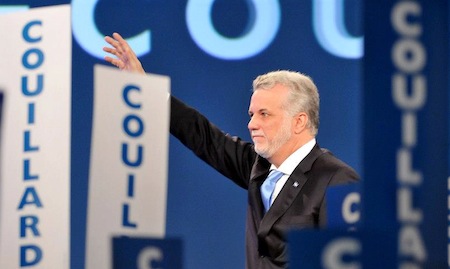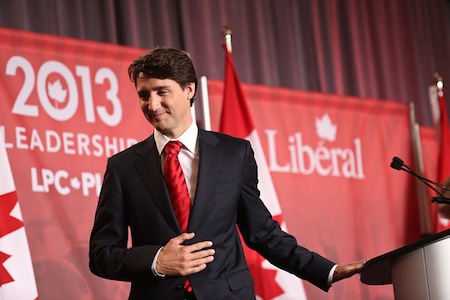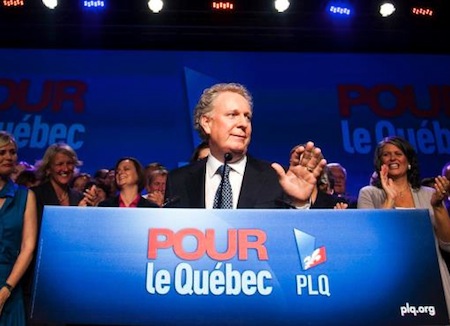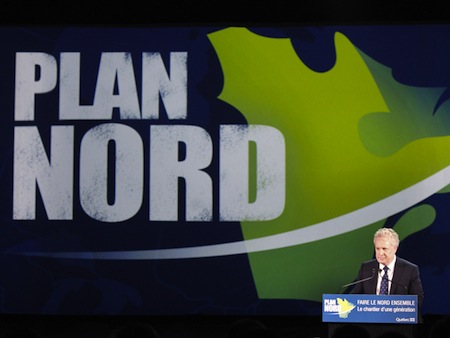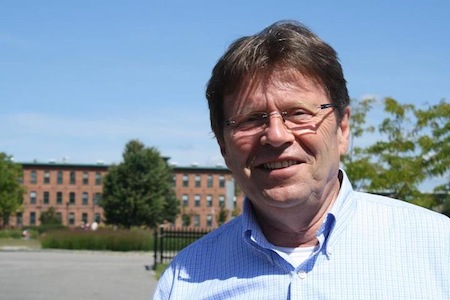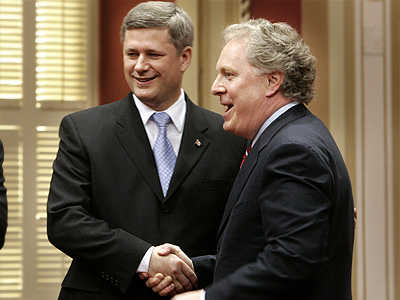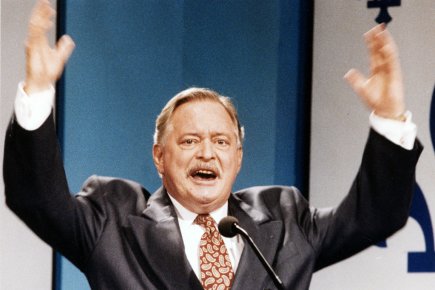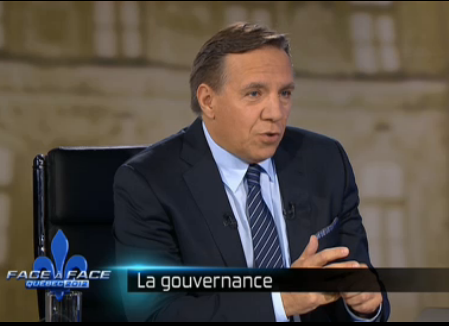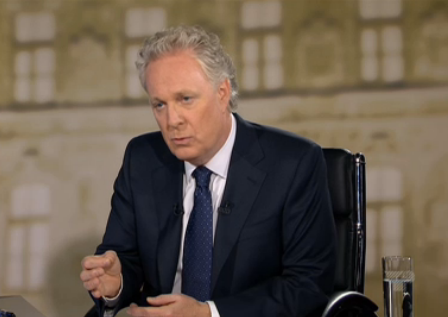Unwilling to wait until 2016 or later for Catalan independence, regional political leaders organized a protest today — on September 11, the Catalan national day — in the form of a human chain that stretched from the French Pyrenees to the Mediterranean coast. ![]()
![]()
They did so as more of Catalunya’s 7.5 million citizens favor independence from Spain, with Catalan president Artur Mas still locked in a battle with Spanish prime minister Mariano Rajoy over federalism and over the issue of whether Catalunya can unilaterally call a referendum to determine its future.
‘La Via Catalana’ — which drew over 500,000 people today — highlights just how strongly many Catalans feel about independence these days, especially in light of an economic crisis that’s taken a toll on all of Spain. Catalunya, as one of the wealthier regions of Spain, contributes a relatively greater amount to the federal budget and receives comparatively less back from the federal government in return. Ultimately, Catalans resent sending revenue to poorer regions of Spain in the same way that Germans resent sending revenue to bail out Greece and other poorer countries in the European periphery. A recent survey shows that 52% of Catalans prefer independence to just 24% who favor remaining part of Spain.
Mas took his case today global with a high-profile op-ed in The New York Times demanding a referendum for Catalan independence:
We also seek no harm to Spain. We are bound together by geography, history and our people, as more than 40 percent of Catalonia’s population came from other parts of Spain or has close family ties. We want to be Spain’s brother, as equal partners. It goes beyond money or cultural differences. We seek the right to have more control over our economy, our politics, our social services.
The best way to solve any problem is to remove its cause. We seek the freedom to vote. Every individual has a right to expect this from his government, while also sharing equally in the benefits. In Europe conflicts are resolved democratically, and that is all we ask.
Mas pointed to the examples of Canada, where the federal government worked with Québec to hold two independence referenda in the past three decades, and to the United Kingdom, where prime minister David Cameron and Scottish first minister Alex Salmond have agreed to the terms of a September 2014 referendum on Scottish independence.
Last week, Mas hinted that he would be willing to back down from his demand of a 2014 referendum, indicating that a vote in 2016 would be largely acceptable. Mas is still requesting Madrid’s approval to hold a status referendum, but Rajoy, the leader of the center-right Partido Popular (the PP, or the People’s Party) unequivocally opposes Catalan independence and has warned Mas that any referendum held without Madrid’s consent is a violation of the Spanish constitution. But as popular support for Catalan independence rises to even higher levels, it’s becoming increasingly difficult for Rajoy to refuse the opportunity for a clear vote — even Cameron has gently nudged Mas toward agreeing to a referendum.
Complicating the matter is the fact that many Catalans now believe they have the right to hold a vote in 2014 no matter what Rajoy says — and not in 2016 or some future date. The ‘referendum now’ camp includes the pro-independence, leftist Esquerra Republicana de Catalunya (ERC, Republican Left of Catalunya) as well as many members of Mas’s own autonomist center-right party, Convergència i Unió (CiU, Convergence and Union).
For his part, Mas is willing to delay the referendum until 2016 because a constitutional confrontation with Rajoy might prompt another round of early elections — a mistake Mas is unlikely to make again after calling snap elections shortly after last year’s Catalan national day for November 2012. Mas did so with a thinly veiled goal of riding the pro-independence wave to an even larger majority in the 135-member Catalan parliament (the Parlament de Catalunya). But the strategy backfired and the CiU instead lost 12 seats, mostly to the pro-independence Republican Left that, for now, is supporting Mas’s regional government. Polls earlier this summer showed the Republican Left leading voter opinion for the first time ever, which means that Mas hopes to avoid elections anytime in the near future. Continue reading Catalans form region-wide human chain to demand vote on independence


